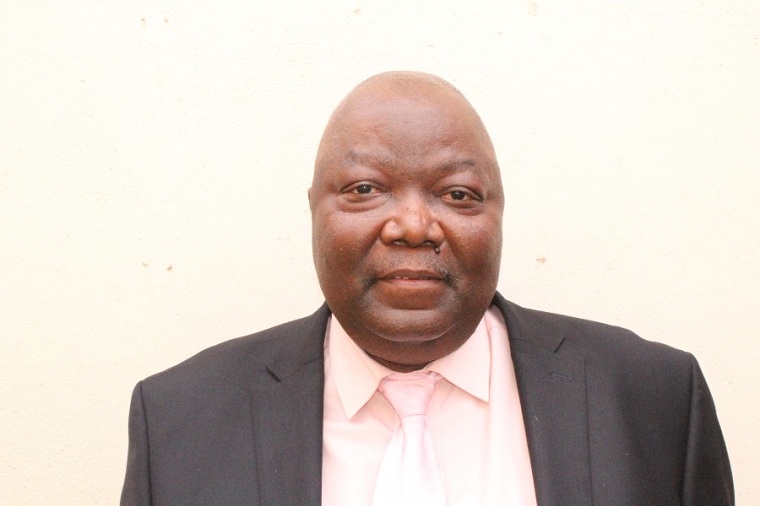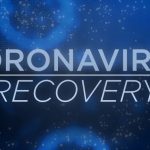Madam Speaker, I want to enlighten you on the fact that at the moment in Europe, the most sought after drug or nutritional food is the Baobab Tree. We have the Baobab Tree in Zimbabwe but we are not aware. So, for your own information now, if any one wants to make money, they should harness the Baobab Tree. The Baobab Tree from the roots, seeds, and bud up to the trunk there is nothing that is not of use in that tree. All the parts of the Baobab are worth using for nutritional purposes. There is plenty of vitamin C, potassium and carbohydrates. So the western world have realised it, they are actually calling it a ‘tree of life’. We have a tree of life within our midst that we are not aware of.
The Baobab Tree is not only nutritious, we have always been using it traditionally as a medicine. We have used it for treating malaria, tuberculosis, fever and dysentery. So, where is our problem? We are not doing much research in order to reap the benefits of natural resources. There are much indigenous knowledge systems that we have amongst our elders in the village. The only problem that we face as blacks is that some of the things are not documented. Ndiweni today knows whatever he knows but we do not write it down, so these are some of the pitfalls.
If you have an uncle or grandfather who knows a couple of traditional medicines, they do not write them down. Maybe they are trying to be secretive so that no one knows. However, they are not aware that by documenting them down, their children and grand children will always pass on that information so much that the knowledge is not lost, it is kept within the family settings.
The other plant that I want to look at which was very popular in the 2000, if you remember the African potato, tsenza, we call them umbondiwe in Ndebele. African potato is a very effective traditional medicine. It is very good for cancers and that has been proven but we do not know at what doses. It is very good for prostate cancer. It has got this drug called Beta-sitosterol which is very good at defeating cancers. It works for bladder infections, lung disease, arthritis. Some of the things it works for, we do not even know because we have not subjected it to laboratory testing to find how effective it is.
The interesting thing about our medicines is that there are also myths around them. I want to give you a typical myth about traditional medicines. At one stage I was in my own small pharmacy and Mambo Dendera walked in. Interestingly, we had funny in the pharmacy. I said to my front counter let me serve the chief myself. So, I talked to the chief and he wanted paracetamol which I gave him but whispered to him saying dhonzai upon handing him. So, this is one of the myths in African traditional medicines. You do not just take, you pull a little bit. The chief looked at me and I told him do not thank me. When he was mystified in that way, I told him musazocheuka Mambo, ndokuti ushande. The traditional chief enjoyed the exchange. So, those are some of the myths that are associated with our medicine that makes it unique and interesting.
With those few words, I feel we are doing a disservice to ourselves by not funding research and development into our own traditional medicine. I thank you.
(82 VIEWS)


